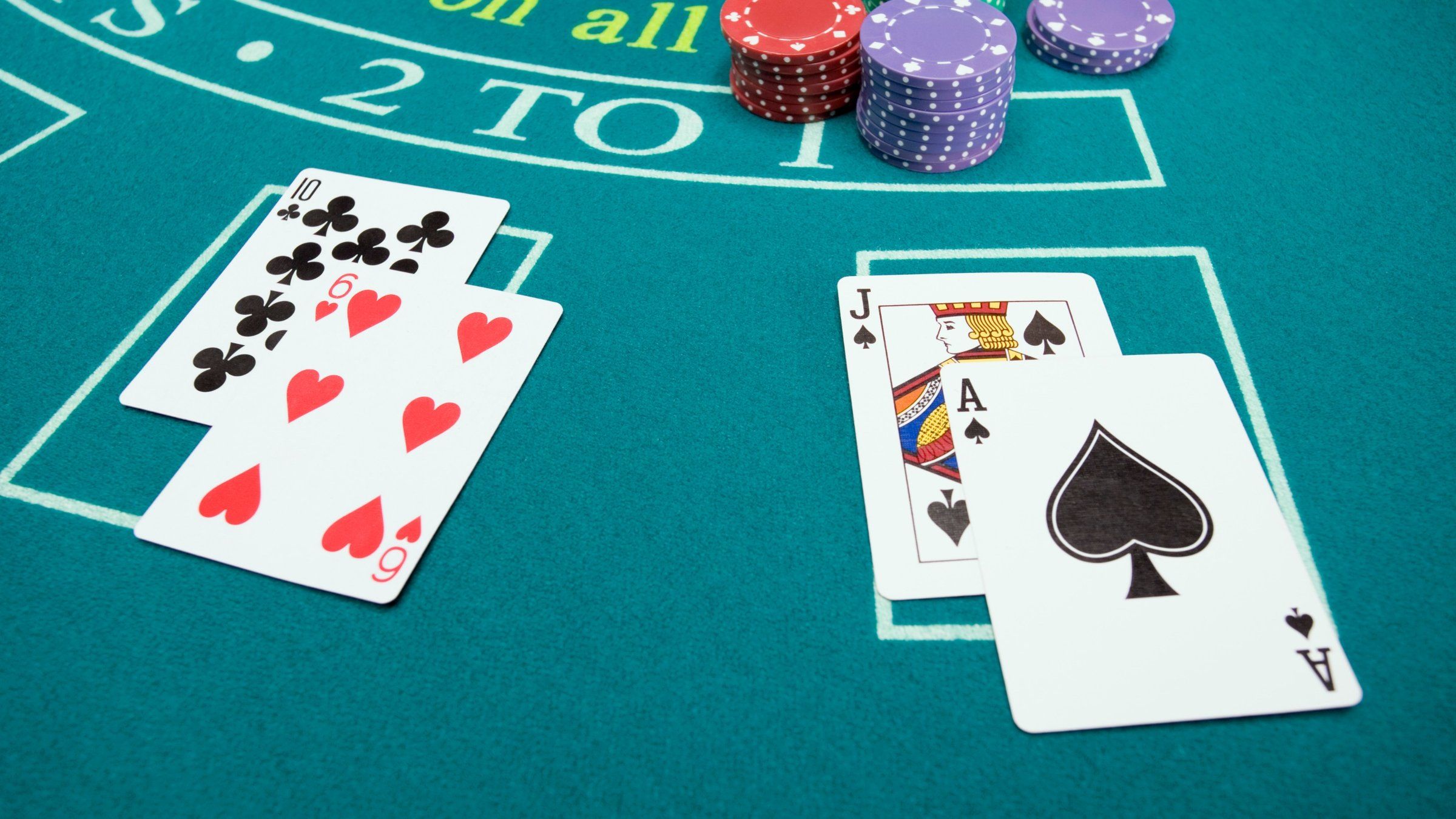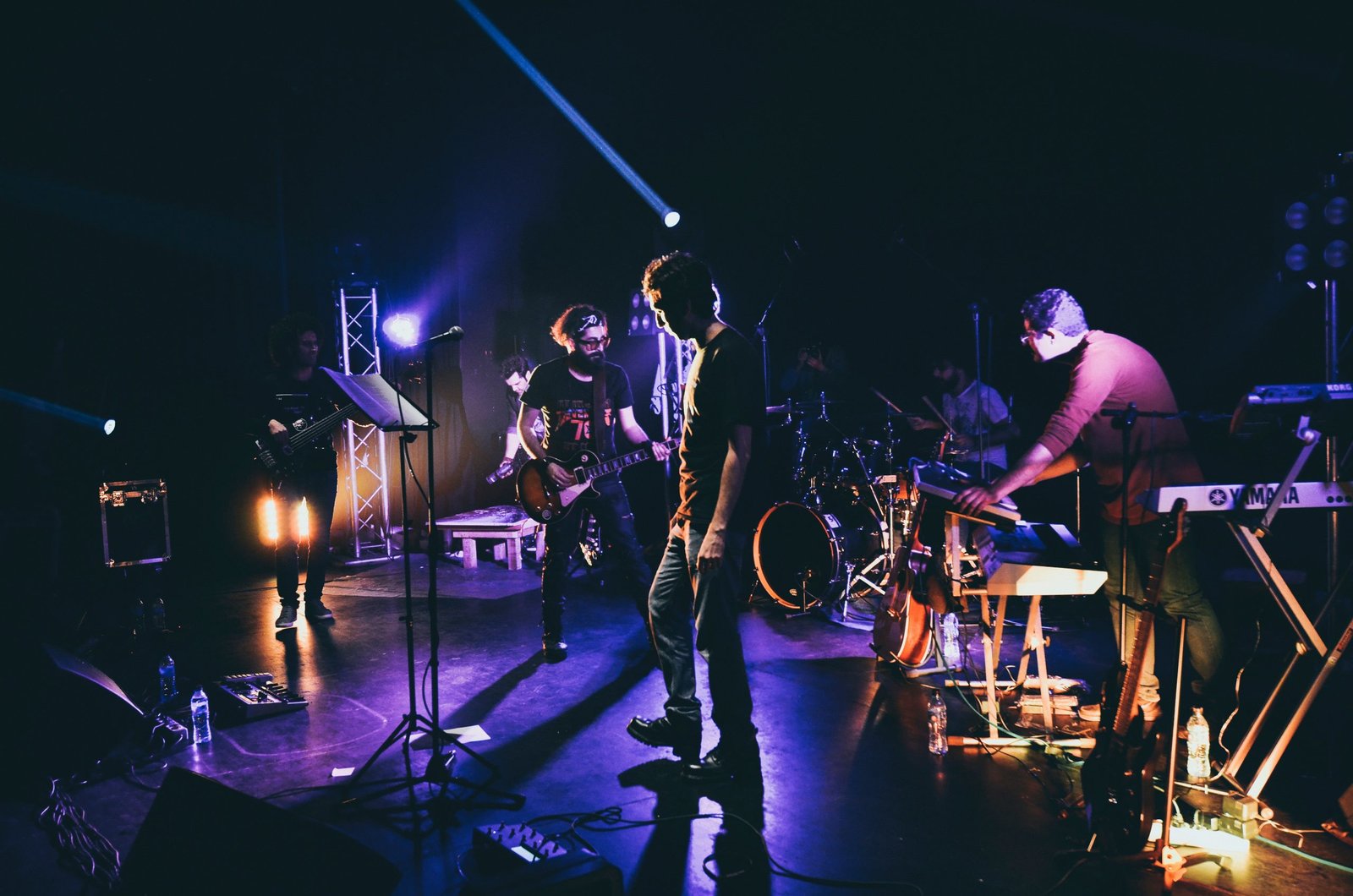The bright lights of the casino floor share a surprising kinship with the spotlights of concert stages—much like the electrifying energy of Le King Hacksaw. Both worlds pulse with adrenaline, risk, and the intoxicating possibility of hitting it big. Perhaps this explains why so many musicians have found themselves drawn to gambling, trading one high-stakes performance for another.
The connection between music and gambling runs deeper than mere thrill-seeking. Musicians, accustomed to the unpredictable nature of their careers—where a single song can make or break a reputation—often find comfort in the familiar uncertainty of dice rolls and card games. The same creative minds that craft melodies and lyrics are naturally attracted to the strategic elements of poker and the calculated risks of blackjack.
The Poker Virtuosos

Among musicians who gamble, poker holds particular appeal. The game’s blend of skill, psychology, and chance mirrors the artistic process itself. Jennifer Tilly, though primarily known as an actress, has also pursued music and became one of the most successful celebrity poker players, winning a World Series of Poker bracelet in 2005. Her success demonstrates how the analytical thinking required for both arts can translate to the poker table.
Country music legend Willie Nelson is another notable poker enthusiast. Nelson’s love for the game is well-documented, and he’s hosted numerous poker games throughout his career. His approach to poker mirrors his musical philosophy—relaxed, intuitive, and rooted in decades of experience reading people and situations.
Casino Culture in Music

The relationship between musicians and gambling extends beyond personal hobbies into the very fabric of popular culture. Las Vegas has long been a crucial destination for performers, from Frank Sinatra’s legendary Rat Pack shows to modern residencies by artists like Celine Dion and Elton John. These extended engagements in casino venues created natural opportunities for musicians to explore gambling during their downtime.
Jazz musicians of the mid-20th century were particularly associated with gambling culture. The late-night world of jazz clubs and casinos often overlapped, creating a subculture where musicians would finish their sets and head to poker games or craps tables. This lifestyle became romanticized in popular culture, though it also led to well-documented problems for some artists.
The Digital Age and Online Gaming

Modern technology has transformed how musicians engage with gambling. Online poker and casino games now allow artists to play from tour buses, hotel rooms, or home studios between recording sessions. This accessibility has made gambling more convenient but also potentially more problematic for those prone to addiction.
Some contemporary musicians have embraced poker as a serious pursuit. Players like Jason Alexander (though primarily an actor, he’s also musically inclined) and others have participated in high-profile tournaments, bringing media attention to the intersection of entertainment and gambling.
The Cautionary Tales
Not all musician-gambler stories end positively. The music industry has seen its share of careers damaged or derailed by gambling addiction. The combination of irregular income, touring lifestyle, and access to cash can create perfect storms for problem gambling. These cautionary tales serve as reminders that the same risk-taking personality traits that fuel artistic creativity can become destructive when applied to gambling without proper boundaries.
Financial losses from gambling have forced some musicians to sell publishing rights, cancel tours, or declare bankruptcy. The irregular income patterns common in music careers can make it difficult to maintain perspective on gambling losses, particularly when a big payday always seems just around the corner.
The Psychology Behind the Connection
Music and gambling both activate similar reward pathways in the brain. The anticipation of a perfect performance parallels the excitement of a potential big win. Both involve elements of timing, reading the room (or the table), and making split-second decisions under pressure. Musicians often describe the rush of performing live in terms that gambling enthusiasts would recognize—the heart-pounding excitement, the focus that blocks out everything else, and the euphoric high of success.
This psychological connection helps explain why musicians who gamble often gravitate toward games requiring skill and strategy rather than pure chance. Poker, in particular, appeals to musicians because it rewards the same qualities that make for successful performers: patience, observation, adaptability, and the ability to remain calm under pressure.
Finding Balance
For musicians who enjoy gambling, the key lies in maintaining the same discipline they apply to their craft. Setting strict limits, viewing gambling as entertainment rather than investment, and recognizing warning signs of problem gambling are essential practices. Many successful musician-gamblers treat their casino visits like any other form of entertainment—with predetermined budgets and clear boundaries.
The music industry has gradually become more aware of gambling addiction as a potential occupational hazard. Tour managers and music business professionals increasingly recognize the signs of problem gambling and work to provide resources and support when needed.
The allure of gambling for musicians likely stems from the same adventurous spirit that drives artistic expression. Both pursuits involve calculated risks, creative thinking, and the courage to put oneself on the line for potential rewards. When approached responsibly, gambling can provide musicians with another outlet for their competitive nature and strategic thinking. However, the stories of those who’ve struggled with gambling addiction serve as important reminders that even the most talented performers must respect the power of the games they choose to play.
Whether it’s a friendly poker game backstage or a sophisticated blackjack strategy honed over years of touring, musicians will likely continue finding their way to gaming tables. The key is ensuring that gambling remains a source of entertainment rather than becoming another verse in a cautionary tale.

